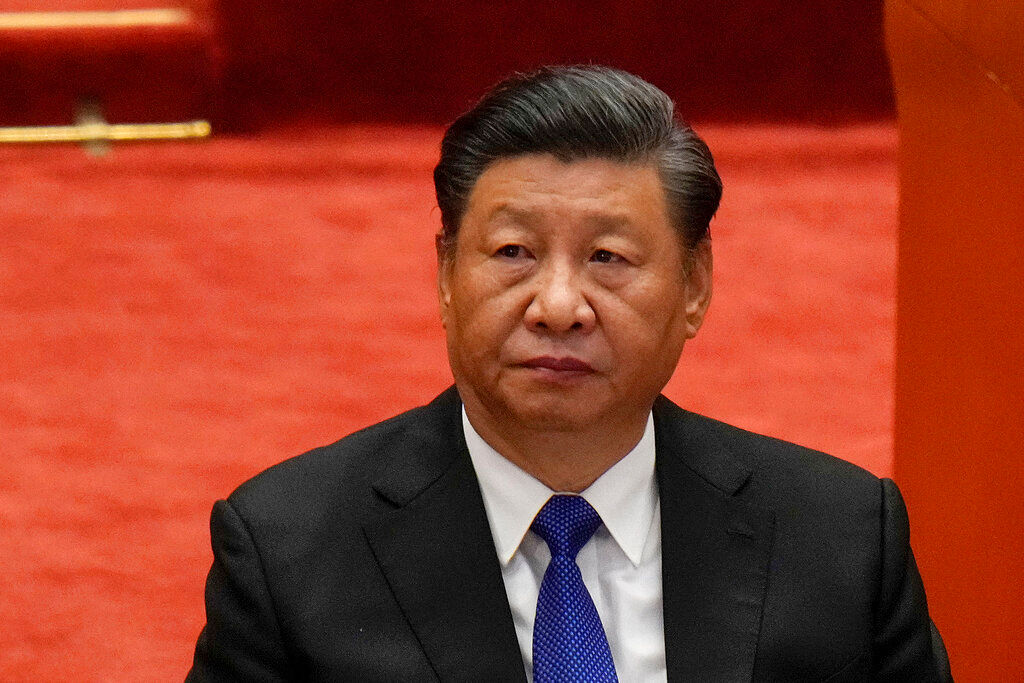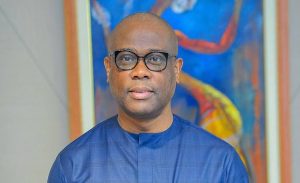While the debt concerns are on a rise and a new coronavirus variant emerges, China seems to be appearing to be adjusting its approach to Africa: cutting finance pledges while doubling down on vaccine diplomacy.
Last week, China’s leader, Xi Jinping, opened a China-Africa forum with a pledge to supply 1 billion vaccine doses to Africa, amid global concern over the emergence of the omicron variant of COVID-19. He also pledged $40 billion to the continent, ranging from credit lines to investments – a significant cut from the $60 billion promised at the previous two summits.
Also read: Explained: Why does Beijing have the Olympics again?
The Guardian reported analysts and said that the shift in approach signifies Beijing’s rethink about its overall strategy on the continent at a time of Covid health emergency and great power competition.
“In a way Xi’s reduced financial pledge is not surprising because we’ve already seen signs in the last couple of years,” The Guardian reported Lina Benabdallah of Wake Forest University in North Carolina as saying. “China has entered a phase of greater caution with regard to Africa. After two decades of heavy state funding, it is beginning to pull the brakes.”
The caution, as Carlos Lopes of the University of Cape Town notes, partly derives from the west’s long-held narrative about China’s alleged debt trap and taking advantage of the Africans to exploit natural resources and export their cheap goods.
Also read: After boycott, China ambassador says US wasn’t even invited to Olympics
“Beijing is sensitive to criticism and is reacting to it by applying tools they know will please and obfuscate firmed negative views resulting from past exposure,” Lopes says. “… We are witnessing a change to a more technocratic approach; obviously more cautious, using soft conditionality and creating new instruments to control flows tighter.”
Moral high ground
The pledged billion doses includes 600 million donations and 400 million locally produced, and is in addition to 200 million doses already delivered to African nations under previous pledges. Xi says China will also send 1,500 health experts to Africa to assist.
Also read: China slams US diplomatic boycott of Beijing Olympics, calls it ‘political manipulation’
Xi’s words came at a time when China’s vaccine diplomacy is under heavy scrutiny. Yet Carlos Oya, an expert on China-Africa relations at Soas, University of London, says that if extending vaccination in Africa truly contributes to a gradual end of the pandemic worldwide, this could be an important achievement.
“It’s potentially giving impetus to a narrative that China has contributed to end this pandemic beyond its borders.”
Also read: White House announces ‘diplomatic boycott’ of 2022 Beijing Winter Olympics
Chris Alden, director of the thinktank LSE Ideas, says that with this announcement, China would hope to be in a position to occupy the moral high ground by addressing an acute crisis being experienced by a fellow developing region and concurrently demonstrating its capacity to produce and deliver vaccines across Africa.
“This global public good will concurrently open up more market opportunities for Chinese pharmaceuticals in the spirit of the oft-quoted adage of ‘doing good while doing well’,” he says.
However, critics argue that Xi’s emphasis on vaccines in Africa is not new.
In late February, China pledged to provide vaccines to 19 African countries. To date, as many as 46 African countries have been receiving vaccines from China. Out of the 155 million pledged doses to Africa so far, China has delivered 107 million, of which only 16 million have been donations, according to Bridge Beijing, a vaccine tracker.







